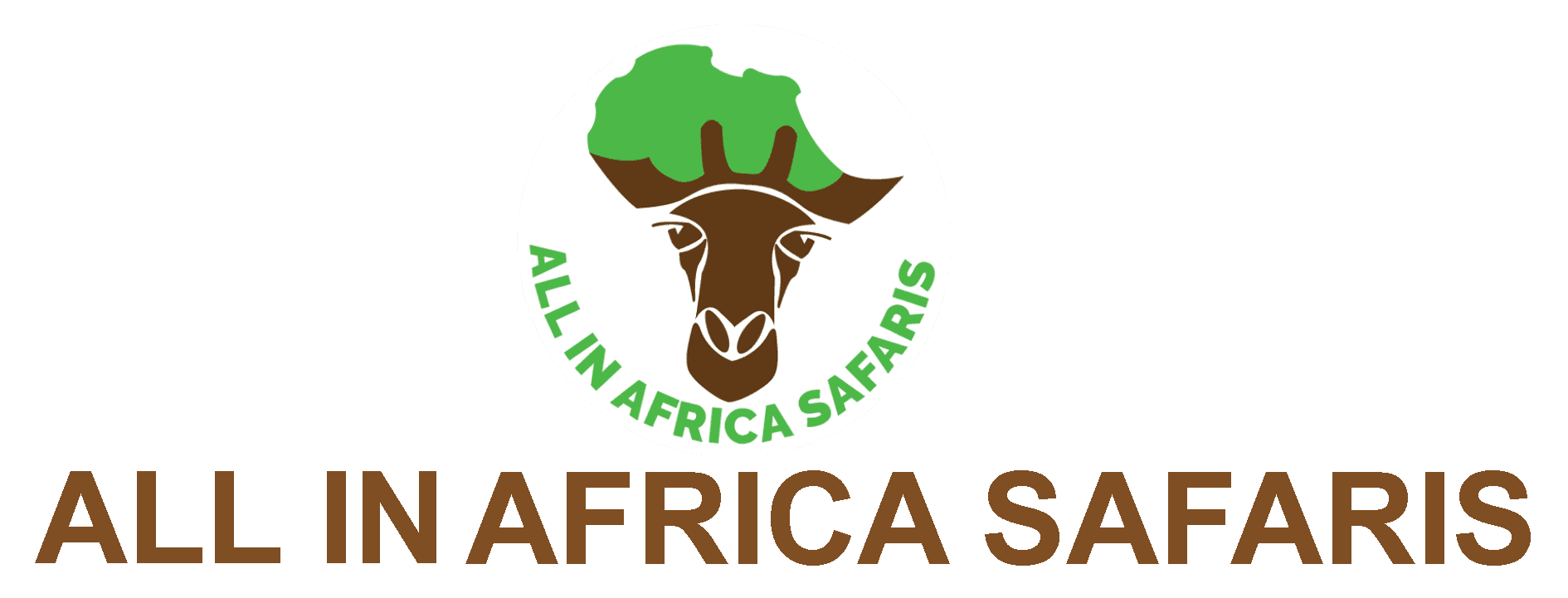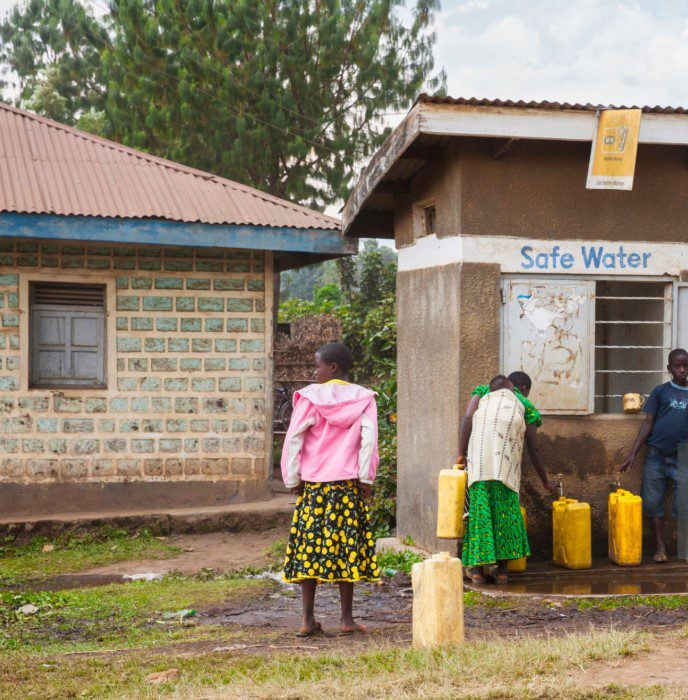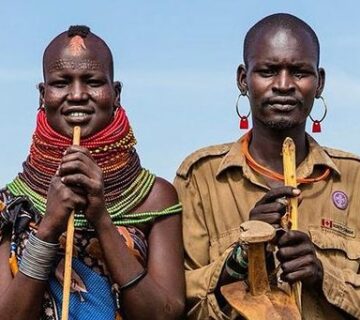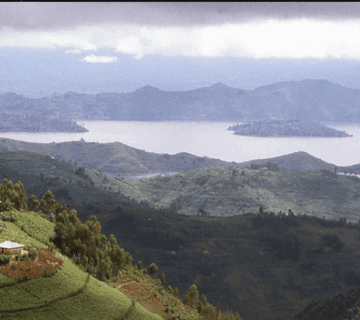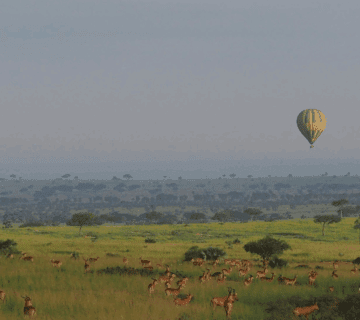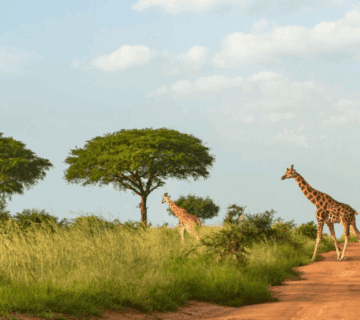Can I Drink Tap Water in Rwanda? A Guide to Staying Healthy and Hydrated
Rwanda, the “Land of a Thousand Hills,” is a country known for its stunning landscapes, vibrant culture, and resilient people. As you plan your visit to this beautiful destination, you may have many questions about your travel experience. Among the most common is, Can I drink tap water in Rwanda? It’s an important question to ask, not just for your comfort but also for your health.
In this guide, we’ll take a deep dive into Rwanda’s tap water situation, providing you with everything you need to know to stay safe and hydrated during your trip. Let’s explore the topic in depth, and by the end, you’ll have a clear understanding of how to manage your water intake while enjoying this breathtaking country.
The Water Quality in Rwanda: What You Need to Know
Rwanda has made significant progress in improving its water infrastructure over the past few decades. The government has focused on expanding access to clean water, especially in urban areas. Kigali, the capital city, is known for its clean streets and reliable services, including potable water. However, despite these advancements, the question of whether it’s safe to drink tap water remains nuanced.
Tap Water in Kigali: Generally Safe for Short-Term Consumption
In Kigali, the tap water is treated and generally considered safe for consumption. The city has modern water treatment plants that process the water to meet health standards. This is good news for tourists, especially those visiting Rwanda’s capital. If you’re staying in a reputable hotel or guesthouse, you’ll likely be provided with clean, potable water for drinking.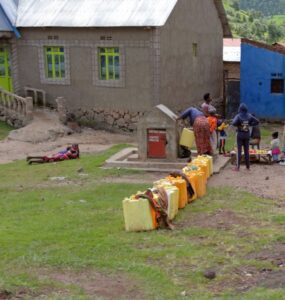
That said, there are some important considerations. While tap water in Kigali is safe for short-term consumption, it’s advisable to be cautious, particularly if you have a sensitive stomach or are staying for an extended period. Travelers often report feeling fine when drinking tap water in Kigali, but it’s always best to listen to your body and stay vigilant, especially if your digestive system isn’t accustomed to the local conditions.
Outside Kigali: Be More Cautious
Once you venture outside Kigali, the situation becomes a bit more complex. In rural areas and smaller towns, access to treated tap water can be limited. Water in these regions may be sourced from rivers or springs, and while some areas have local treatment facilities, the level of filtration and treatment may not meet the same high standards as in Kigali.
Therefore, it’s wise to exercise caution when drinking tap water in more remote parts of Rwanda. The water may be contaminated with bacteria or parasites, posing a risk to travelers. It’s recommended to avoid drinking tap water directly in these areas unless you are certain it has been properly treated.
Bottled Water: A Safe Alternative
To stay on the safe side, many travelers choose bottled water when they’re unsure about the safety of tap water. Bottled water is widely available in most cities and towns across Rwanda, including supermarkets, hotels, and local shops. It’s not just safe; it’s also affordable, making it a practical option for tourists looking to stay hydrated.
When purchasing bottled water, always check that the seal is intact to ensure the water hasn’t been tampered with. It’s also a good idea to stick with well-known, reputable brands to guarantee quality.
Water Purification Tablets and Filters: A Good Backup
For those who prefer a more sustainable and eco-friendly approach, water purification tablets or portable water filters can provide an additional layer of safety. These items are easy to carry and can be used to purify tap water or water from other sources. If you’re traveling to more remote regions or planning to go on a hike or trek, bringing your own purification system can be a lifesaver.
Water purification tablets are inexpensive and can be found in many outdoor or travel stores. Similarly, portable water filters, like those from brands such as LifeStraw or Sawyer, can be used to make tap water safe to drink, especially in areas where you might not have access to bottled water.
The Importance of Hydration in Rwanda’s Climate
Rwanda has a moderate tropical climate, with two main rainy seasons and relatively cooler temperatures due to its elevation. Even so, the weather can be quite humid, especially in lowland areas. Staying hydrated is essential to your well-being, particularly if you’re exploring the country’s stunning wildlife, hiking through its hills, or participating in outdoor activities like Chimpanzee Trekking or visiting Volcanoes National Park.
Dehydration can lead to fatigue, headaches, and other health issues, making it crucial to keep water handy wherever you go. If you decide to drink tap water, ensure it’s purified, especially if you’re traveling outside Kigali. The last thing you want is to let dehydration or an upset stomach slow you down while exploring one of Africa’s most beautiful countries.
Local Drinking Habits and Advice
In Rwanda, most locals rely on a mix of bottled and purified water for drinking. While tap water in Kigali is considered safe for most travelers, it’s common for people to purchase bottled water for peace of mind. Locals also boil their water before drinking it in areas where water quality is uncertain. This is an age-old practice that helps kill bacteria and parasites that could cause illness.
If you’re unsure about the safety of the water, don’t hesitate to ask locals for advice. They’ll often be able to guide you to the best sources of safe drinking water, whether it’s in a hotel, a restaurant, or a nearby shop.
Avoiding Waterborne Illnesses
Waterborne illnesses are common in many parts of the world, and while Rwanda’s tap water infrastructure is improving, it’s always a good idea to take precautions. Here are a few tips to help you avoid water-related illnesses during your stay:
Drink purified or bottled water: When in doubt, opt for bottled water or purify tap water with tablets or a portable filter.
Avoid ice: Ice cubes are often made from tap water, so unless you’re certain the ice is from purified water, it’s best to avoid it in drinks.
Wash your hands regularly: Make sure to wash your hands before eating or drinking to minimize the risk of ingesting harmful bacteria.
Be cautious with fruits and vegetables: If you’re in rural areas, avoid eating raw fruits or vegetables unless you can peel them yourself, as they may have been washed in untreated water.
Conclusion: Can You Drink Tap Water in Rwanda?
To sum up, drinking tap water in Rwanda depends on where you are. In Kigali, the capital, tap water is generally safe for short-term consumption, but in rural areas, the risk of waterborne illnesses increases. Always err on the side of caution by opting for bottled water or purifying tap water before drinking it, particularly outside major urban centers.
By staying informed and following basic guidelines for water safety, you’ll be able to enjoy your trip to Rwanda without the worry of water-related health issues. So, go ahead and explore the stunning landscapes, rich culture, and diverse wildlife of Rwanda, knowing that with a little care, you can stay hydrated and healthy throughout your journey.
